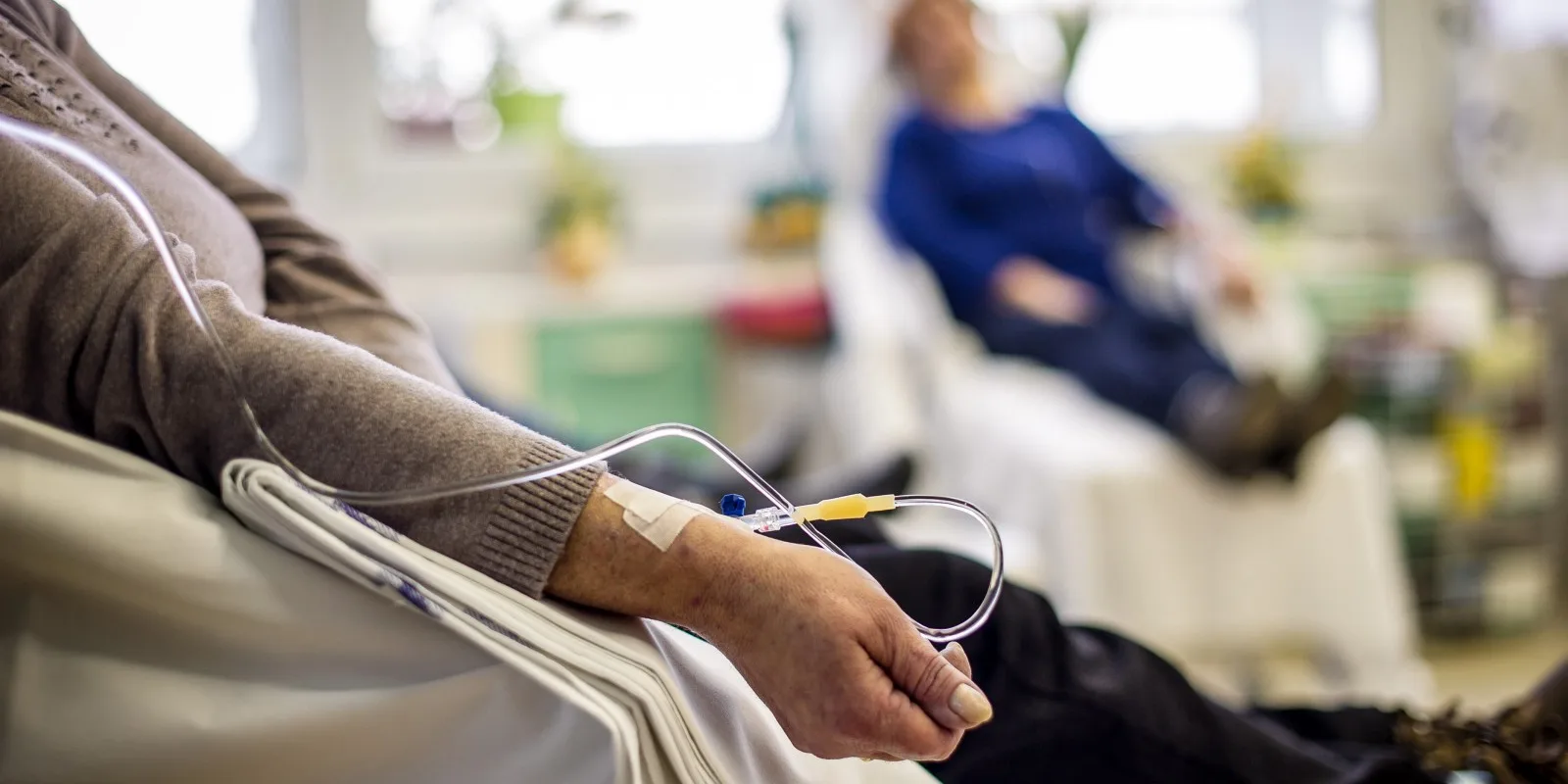
All patients with cancer want to live. After I experienced cancer twice — myelodysplastic syndromes and sarcoma — my desire to live only got stronger. I am too young to die. I have to finish watching my son grow up. I would like to spend more quality time with my family and friends. There are so many things that I want to accomplish in cancer research. I want to help patients with breast cancer.
Throughout my cancer patient career, I have been desperate to stay alive. I looked into potentially risky treatment options (a phase I stem cell transplant, for example) when I thought I had the chance to have ultimate control of the disease. Sometimes I jumped on the bandwagon to try treatments despite the potential risks of side effects or death. When the treatments did not work, I would get desperate and look for another approach.
Being a physician of academic oncology, I had more means than most patients to know what the latest and upcoming treatments were for my illness. The power of knowledge and my network gave me access to high-quality information that could help my care. However, it did not mean that I was able to make consistently wise decisions about my treatment choices. Information overload and the desire to live can drive a person to have extreme anxiety, and I was continually asking myself whether I made the right decision. I drove my wife crazy because I could not make a decision based on the data that I had. I was trying to predict the future.
Throughout my treatments, the most difficult things I had to deal with was not cancer itself but coping with the lingering side effects. I felt terrible regret because the unbearable side effects came about from my decision to try risky, unproven treatments. The regret was even stronger when the treatment did not work for my cancer.
I have learned that the desperate need to do something about cancer and the feeling of regret exists in parallel. Experiencing no side effects are a rarity in cancer treatment and the chance regretting the completion of a treatment option is quite high. Many patients will face some regret in their cancer journey. The regret of not doing anything or regret from having an adverse outcome. There is no right answer. Regret is a constant feeling that comes with cancer.
The question is how bad is the level of regret? Is the regret to the point that the patient can eventually cope with it or will it drag on for a long time? My lesson from cancer was to not select a treatment that will only cause lingering regret. I realized that I didn’t only want to be alive, but I wanted to live well.
So, here is my plea:
Dear Oncologists, please do not provide your patients a desperate approach to cancer treatment when it could potentially lead to a great deal of regret, terrible side effects, and poor outcomes. Providing a non-evidenced-based approach because the patient seems desperate will only hurt them in the end. You might be triggering long-term regret due to the side effects they experience. Patients need their doctors to be able to minimize the chances of them regretting their treatment options. When doctors are desperate, the patient will be desperate too. Please, doctors, practice non-desperate oncology.






